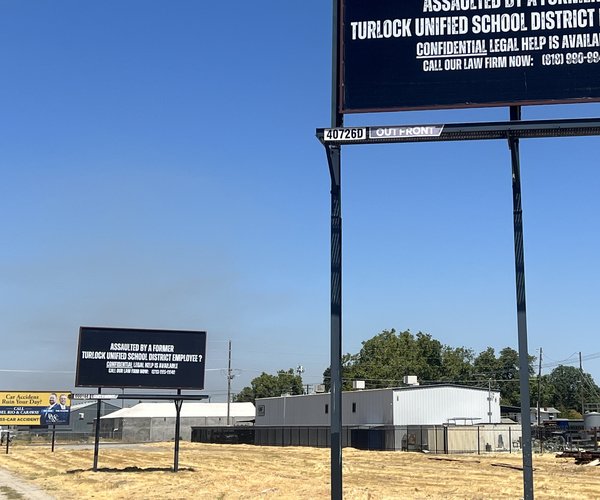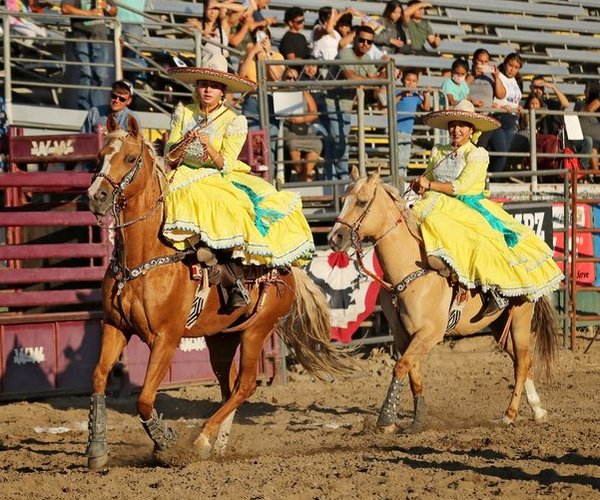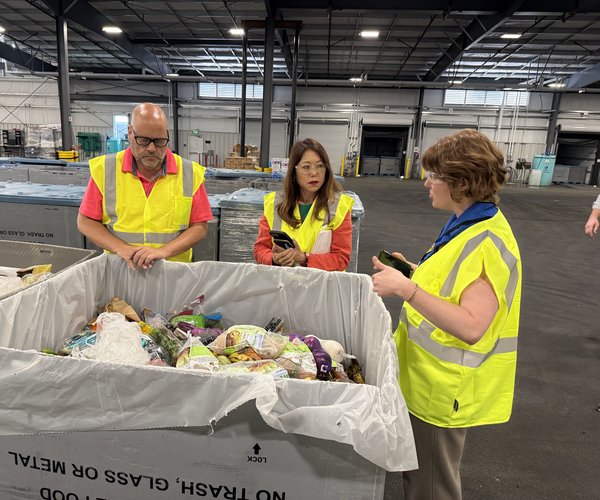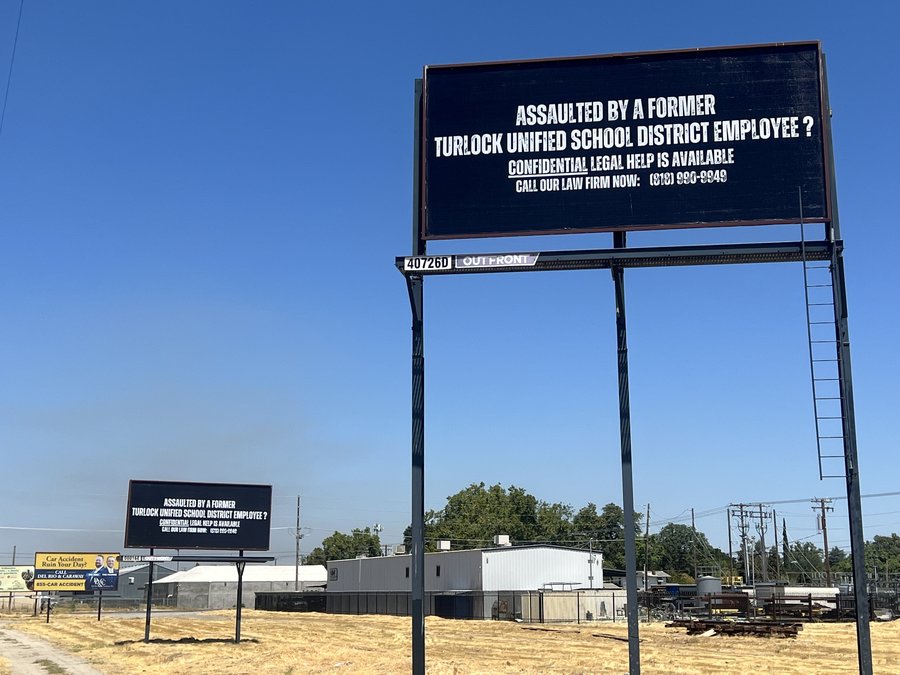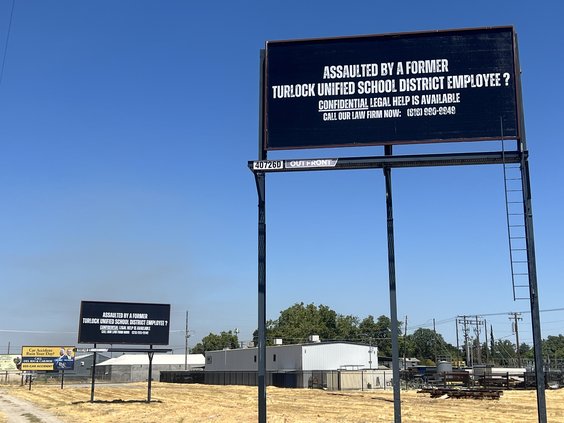In 2008 California voters passed Proposition 2 to increase cage sizes and living conditions for hens in egg-laying production facilities. Since then the law has been taken for a wild ride.
In March 2011, JS West, a Stanislaus County-based egg farming company, was joined by the Association of California Egg Farmers in a lawsuit against the State of California and the Humane Society of the United States. The purpose of the lawsuit was to clarify the exact requirements for egg-laying hen housing systems, which was not specified in Prop 2.
The HSUS had been calling for cage-free egg laying facilities and egg producers like JS West concluded that "enriched colonies" with cages of about 116 square inches, or 4 by 12 feet for up to 60 hens was sufficient. The enriched colonies include nesting boxes, emery board for scratching claws, perches, fresh feed and water. Hens are also assigned a human caregiver who provides proper medical care when needed.
In July 2011, the HSUS and egg producers, including Stanislaus County-based egg producer JS West, signed a nationwide memorandum of understanding to agree on the enriched colony size.
Earlier this year HR 3798, known as the Egg Products Inspection Act Amendments of 2012, was introduced to Congress by Rep. Kurt Schrader of Oregon (D).
The bill would provide enriched colony standards for millions of egg-laying hens across the country, and the requirements would be phased in over the nearly two-decades.
But before both the HSUS and egg producers can celebrate, another special interest group has joined the party. The Humane Farming Association recently announced its increased efforts to stop what they have dubbed “The Rotten Egg Bill.”
"The egg industry is seeking to establish egg factory cages as a national standard that could never be challenged or changed by state law or public vote," said Bradley Miller, national director of the Humane Farming Association. "This bill would preempt state laws, such as California's Proposition 2, and is a direct assault upon egg laying hens, voters, and states' rights."
Other groups have chimed in on the controversy as well with an onslaught of strongly-worded statements.
"The cages defined by the legislation will in no meaningful way reduce the unimaginable suffering endured by the hens," said Nedim C. Buyukmihci, professor emeritus of Veterinary Medicine at U.C. Davis.
“Even if HR 3798 passes, the majority of hens will remain entombed in battery cages on factory farms," said Karen Davis, president of United Poultry Concerns.
JS West executive Jill Benson said some the opponents are “fringe groups.”
“These fringe groups are certainly entitled to their opinion but they just want all the chickens to go free. But we have to feed people as egg farmers,” she said. “The consumer wants to know where their food comes from and ultimately they are going to choose to feed their families.”
Benson said that HR 3798 is a sustainable solution for egg farmers and those who care about animal welfare. She explained that currently California egg farmers can only grow about 2/3 of the needed eggs consumers in this state demand and that HR3798 would allow for a national standard for egg farmers to move eggs freely across state lines.
“Another aspect of HR3798 is that it would allow for a longer, 15-18 year, phase-in for egg farmers across the country. In California we are still under the 2015 deadline. Farmers have to have more time to pay for the upgrades to enriched colonies. As equipment needs to be replaced the longer phase in will give them the time to do so,” she said.
The Humane Society of the United States has released a list of hundreds of egg producers, veterinary groups, consumer groups, newspapers, animal protection groups, and local humane societies that have endorsed HR 3798.
It can be found at www.humanesociety.org/assets/pdfs/farm/hr_3798_endorse.pdf
To see and enriched colony visit JS West and see view live video of the enriched colony at the JS West egg production facility in Livingston visit www.jswest.com and click on the Hens Live icon in the red-striped banner.


